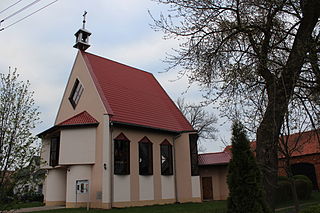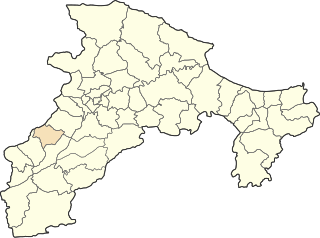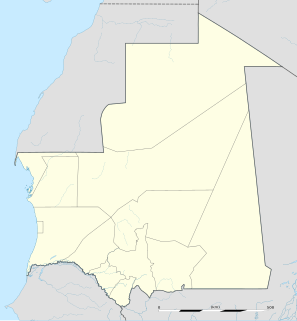The Max Planck Institute for Chemical Energy Conversion is a research institute of the Max Planck Society. It is located in the German town of Mülheim.
The Max Planck Institute for Social Anthropology is located in Halle, Saxony-Anhalt, Germany. It was founded in 1999, and moved into new buildings 2001. It is one of 80 institutes in the Max Planck Society.

The Max Planck Institute for Human Cognitive and Brain Sciences is located in Leipzig, Germany. The institute was founded in 2004 by a merger between the former Max Planck Institute of Cognitive Neuroscience in Leipzig and the Max Planck Institute for Psychological Research in Munich. It is one of 83 institutes in the Max Planck Society.

The Max Planck Institute for Coal Research is an institute located in Mülheim an der Ruhr, Germany specializing in chemical research on catalysis. It is one of the 80 institutes in the Max Planck Society (Max-Planck-Gesellschaft). Founded in 1912 as the Kaiser Wilhelm Institute for Coal Research in Mülheim an der Ruhr to study the chemistry and uses of coal, it became an independent Max Planck Institute in 1949.
The Max Planck Institute of Microstructure Physics in Halle (Saale) is a research institute in Germany in the field of materials research. It was founded in 1992 by Hellmut Fischmeister and is a follow-up to the German Academy of Sciences Institute of Solid State Physics and Electron Microscopy. The institute moved into new buildings from 1997 till 1999. It is one of 84 institutes in the Max Planck Society (Max-Planck-Gesellschaft).

Paniowice is a village in the administrative district of Gmina Oborniki Śląskie, within Trzebnica County, Lower Silesian Voivodeship, in south-western Poland. Prior to 1945 it was in Germany.

Hatsik is a town in the Armavir Province of Armenia. The town was founded in 1933. It was named in honor of Kliment Voroshilov, a Soviet politician, and later called Nairi from 1963 to 1991. Population is 2973.

Chelata is a town in northern Algeria.

Cənubi is a village in Baku, Azerbaijan.

Budków is a village in the administrative district of Gmina Wola Krzysztoporska, within Piotrków County, Łódź Voivodeship, in central Poland. It lies approximately 10 kilometres (6 mi) north-west of Wola Krzysztoporska, 14 km (9 mi) west of Piotrków Trybunalski, and 41 km (25 mi) south of the regional capital Łódź.

Stężyca is a village in the administrative district of Gmina Gostyń, within Gostyń County, Greater Poland Voivodeship, in west-central Poland. It lies approximately 8 kilometres (5 mi) north-west of Gostyń and 52 km (32 mi) south of the regional capital Poznań.

Adel Bagrou is a town and commune in the Hodh Ech Chargui Region of south-eastern Mauritania. It is located near the border with Mali.

Nieżywięć is a village in the administrative district of Gmina Człuchów, within Człuchów County, Pomeranian Voivodeship, in northern Poland. It lies approximately 11 kilometres (7 mi) north-east of Człuchów and 105 km (65 mi) south-west of the regional capital Gdańsk.
Duyên Hải is a district-level town of Trà Vinh Province in the Mekong Delta region of Vietnam. The town was separated from Duyên Hải District in 2015.
Amiret Touazra is a town and commune in the Monastir Governorate, Tunisia. It has 6,261 inhabitants in 2014.
Murksi is a village in Kuusalu Parish, Harju County in northern Estonia.
Tammistu is a village in Kuusalu Parish, Harju County in northern Estonia.
Nava is a village in Saaremaa Parish, Saare County in western Estonia.
Half Mound is an unincorporated community in Jefferson County, Kansas, in the United States.
This page is based on this
Wikipedia article Text is available under the
CC BY-SA 4.0 license; additional terms may apply.
Images, videos and audio are available under their respective licenses.











